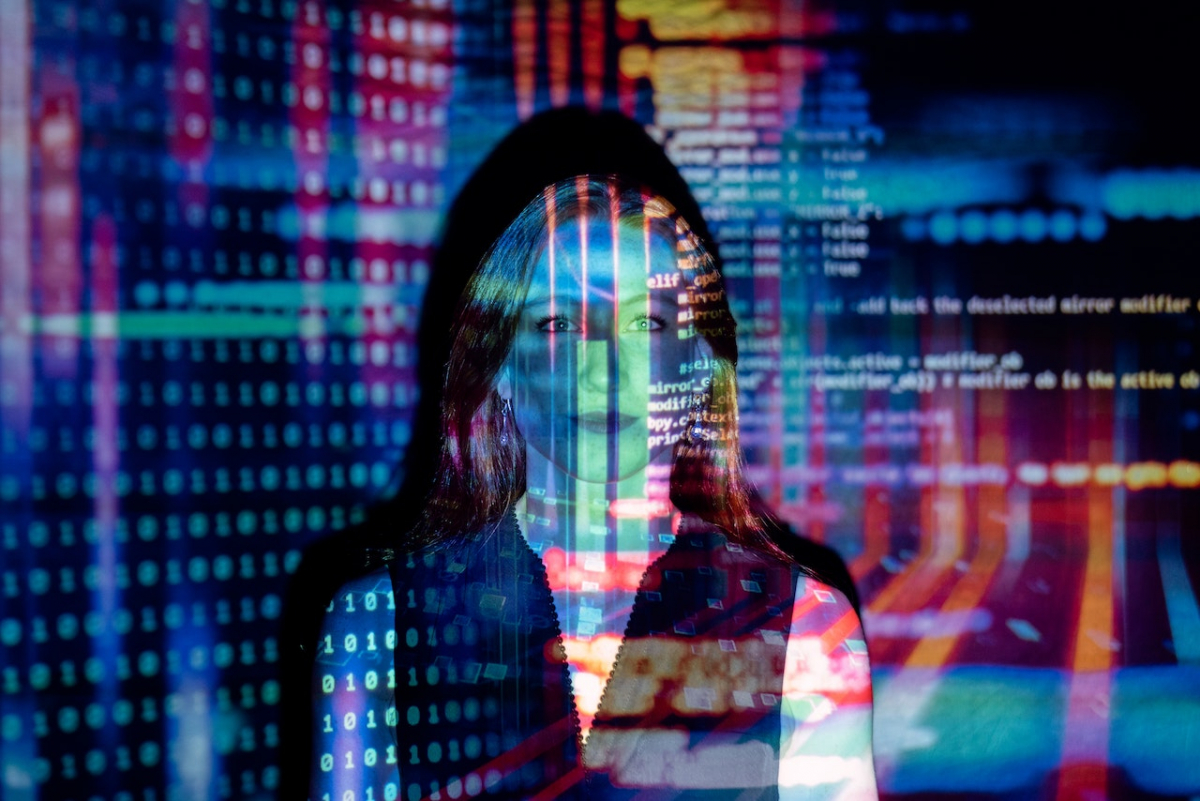Artificial Intelligence (AI) has been a hot topic for several years now, with many people having misconceptions about it. AI is a branch of computer science that focuses on creating machines that can perform tasks that usually require human intelligence, such as visual perception, speech recognition, decision-making, and language translation. In this article, we will debunk some of the most common myths about AI, its capabilities, and its impact on society.
Introduction to AI
AI is a rapidly growing field that has the potential to transform the way we live, work, and interact with the world around us. It has already made significant contributions to various industries, including healthcare, finance, transportation, and education. AI is powered by machine learning algorithms, which enable machines to learn from data and improve their performance over time. Machine learning is a subset of AI that focuses on creating algorithms that can learn from data and make predictions based on that data.
Myth #1: AI is Going to Take All of Our Jobs
One of the most common myths about AI is that it will replace human workers and take all of our jobs. While it is true that AI can automate certain tasks that were previously performed by humans, it is unlikely that it will replace all jobs. AI is still in its early stages, and it requires human input and oversight to function effectively. AI is best suited to performing repetitive, data-driven tasks, such as data entry, analysis, and reporting. However, it cannot replace the creativity, empathy, and critical thinking skills that humans possess.
Moreover, AI can create new job opportunities, such as data analysts, machine learning engineers, and AI trainers. These jobs require specialized skills and expertise that humans possess, and they cannot be automated by AI.
Myth #2: AI is Smarter Than Humans
Another common myth about AI is that it is smarter than humans. While AI can perform certain tasks more quickly and accurately than humans, it cannot replicate the full range of human intelligence. AI lacks the ability to understand context, emotions, and social dynamics, which are essential for human interaction. AI is designed to perform specific tasks, and it cannot learn new skills or adapt to new situations without human intervention.
AI is only as smart as the data it is trained on, and it can only make decisions based on the information it has been given. Humans, on the other hand, can use their intuition, experience, and judgment to make decisions based on incomplete or ambiguous information.
Myth #3: AI is Only for Big Businesses
Another common misconception about AI is that it is only for big businesses with large budgets. While it is true that large companies have more resources to invest in AI research and development, AI is becoming increasingly accessible to small and medium-sized businesses. Many AI tools and platforms are available at a reasonable cost, and they can be customized to meet the specific needs of a business.
Small businesses can use AI to automate tedious tasks, such as data entry and customer service, and free up their employees to focus on more value-added activities. Moreover, AI can help small businesses make more informed decisions by providing them with insights and predictions based on data analysis.
Myth #4: AI is Too Expensive for Small Businesses
Another common myth about AI is that it is too expensive for small businesses. While AI research and development can be costly, there are many affordable AI tools and platforms available to small businesses. These tools can help small businesses automate tasks, improve customer service, and make data-driven decisions.
Moreover, the cost of AI is decreasing as the technology becomes more widespread and accessible. As competition in the AI market increases, the prices of AI tools and platforms are likely to decrease, making them more affordable for small businesses.
Myth #5: AI is Dangerous and Will Take Over the World
One of the most widespread myths about AI is that it is dangerous and will take over the world. This myth is fueled by science fiction movies and books that portray AI as a malevolent force that seeks to destroy humanity. However, this is far from the truth.
AI is a tool that is designed to perform specific tasks, and it cannot act on its own. AI is only as dangerous as the data it is trained on and the intentions of the humans who control it. Moreover, AI is subject to ethical and legal frameworks that ensure it is used for the benefit of society and not to harm it.
The Truth About AI & Machine Learning
The truth about AI and machine learning is that they are powerful tools that can enable us to solve complex problems, improve our quality of life, and create new opportunities. However, like any technology, they come with risks and challenges that must be addressed. AI and machine learning must be used ethically and responsibly, and they must be subject to strict regulations and oversight.
Moreover, AI and machine learning are not a magic bullet that can solve all our problems. They are best used in conjunction with human intelligence and judgment to make informed decisions and drive innovation.
The Future of AI and Its Potential Impact on Society
The future of AI is bright, with many exciting possibilities for innovation and growth. AI has the potential to transform various industries, from healthcare and finance to transportation and education. It can help us solve complex problems, such as climate change, poverty, and disease, and create new opportunities for economic and social development.
However, AI also comes with risks and challenges that must be addressed. The impact of AI on employment, privacy, and social inequality must be carefully considered, and ethical and legal frameworks must be put in place to ensure that AI is used for the benefit of society and not to harm it.
Conclusion
In conclusion, AI is a powerful tool that has the potential to transform the way we live, work, and interact with the world around us. However, many myths and misconceptions about AI persist, and it is important to debunk them to ensure that AI is used ethically and responsibly. AI is not a replacement for human intelligence and judgment, but rather a complement to it. By working together, humans and AI can create a better future for all.

